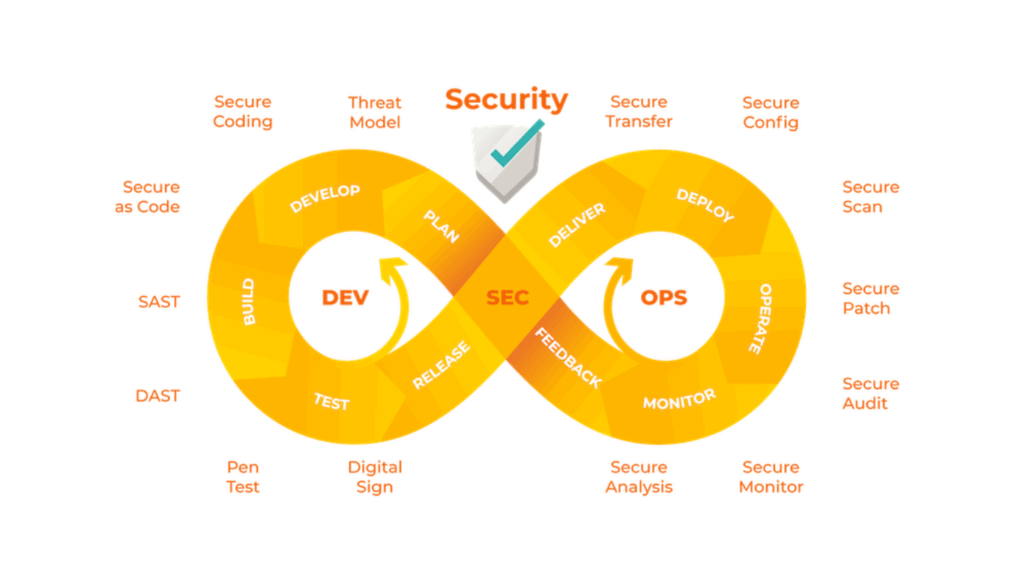Business Analysis is a highly lucrative career that can help you solve your financial challenges and also help you achieve that livelong dream that has been on your to-do list for ages.
Individuals willing to build a career as business analysts now have access to a wide range of data and information that will help grow any business. Private businesses and organizations also have access to business analytics tools that can help them improve the chances of success for their various businesses.
Business analysts are known for collecting and distributing data while they also manage them by putting it to good use in the business world. The main aim of business analysis is to ensure smooth running and profit making for any business organization no matter the size.
In this guide, I will introduce you to vital things you need to know about the rise of business analysis as a high-paying career.
Why Start a Career in Business Analysis?
The idea of becoming a business analyst professional can be from the need to become financially stable or to start a new challenge in your professional career.
It could also be from the need to take a bold step in switching your career to get fulfilled as an individual. There’s always a case of not being happy in your current job and the need to change and seek a new career path is the only way out.
Whatever the reason is, it’s important to do proper research about the field before investing your time, energy, and resources into it. There must be a level of conviction that ensures you’re making the right move.
Business analysis is an interesting field with a career path that varies depending on your interest. As you already know, it is highly lucrative because it cuts across both the IT world and the business development/management world. To be a success in this field, you must develop your analytical thinking skills.
Benefits of Business Analysis
Business analysts work with data that provides businesses with the necessary information needed to help them grow and become successful. This data can be accessed from different sources because they are basically everywhere.
You might be wondering what this so-called “data” is…
It consists of statistical numbers and formulas used by business analysts.
Here are some of the major benefits of business analysis;
- Businesses can monitor their market performance by making use of the information provided through data analysis.
- Business analysis helps business owners to work on producing quality products and rendering quality services to their customers and clients.
- Business analysis helps investors to study and understand the right business to invest their resources into to make a substantial profit.
- The information provided by business analysts helps businesses of different sizes to make business decisions that are data-driven rather than biased-driven.
- Business analysis also helps business owners to maintain a competitive edge amongst their market competitors which will help them perform better and become more successful as they grow bigger.
- It also helps business analysts to interact with developers and architects in the IT world to ensure proper implementation and documentation of business operations.
How to Develop a Career in Business Analysis!
There are several ways to kick start a career in the business analysis world;
- Enroll in a Business Institution
- Get a Business Analysis Certification
Enroll in a Business Institution:
As a college graduate planning to start a business analysis career, the first step you need to take is to enroll in a recognized business or accounting institute.
It could be a university that offers courses in the field or any higher institution that specializes in business analysis-related courses. A bachelor’s degree in business analysis will take you a long way and ensure you have a successful career in the field.
Get a Business Analysis Certification:
Getting a professional certification is vital for career growth in any field. In today’s world, the internet presents people with several opportunities that can help them improve as humans and also help with career development. So, it is important to start training and get certified in the business analysis field.
To get certified as a business analyst, you will have to study several related courses and write professional exams. Most of these certifications are highly rated by employers and will boost your chances of landing big projects and employment in the field.
There are several types of business analysis certifications. Certifications such as;
- Certified Business Analysis Professional (CBAP)
- Certification Competence Business Analyst (CCBA)
- Business Analysis Master’s Program (BAMP)
The skills acquired while learning some of these courses are validated with the certification. This validation will give you a competitive advantage and help you secure jobs in the business analysis industry without stress.
Ensure you give it a try if you plan to grow as a business analyst.
Aside from getting a degree in business analysis-related courses or getting a professional certification in the field, you can also build your career by working with industry professionals. This will help you acquire experience in the field.
Major Career Paths for Business Analysts
There are several career parts for business analysts and most of these career parts are in high demand across the field. Just like any other profession, you can decide to specialize in a specific area and become a business analyst consultant.
Here are some of the major career parts you can specialize in;
- Quantitative Data Analyst
If you love working with mathematical models, this is the field for you.
A quantitative data analyst specializes in developing and implementing mathematical models to help support financial decisions in the business analysis field. Decisions such as investments, risk management, and pricing structure.
They are also known as “Quants” and can earn as high as $50,000 – $130,000 per annum. It is a highly lucrative field that requires mathematical analysis, computational finance, and basic economics knowledge.
The main goal of a quantitative analyst is to reduce business risks and also set a business up to acquire the highest possible profit. Big brands are always on the lookout for professional quantitative data analysts because they offer an important role in the success of any brand.
- IT Business Analyst
This field will interest tech lovers. The constant improvement in technology ensures that IT business analysts will always remain relevant. They specialize in data organization and accessing business goals. They can work with several operating systems while executing business projects.
The major focus is on how to manage business data in the technology world.
The career opportunity in this field is enormous and it is one I will personally recommend to those seeking an extended career in business analysis.
- Business Analyst Manager
A business analyst manager dedicates his or her time to ensure employees of any organization explore their business analytics skills to maximum level. They perform a role that ensures those working with them can enhance their careers in the best possible ways.
Some of the roles they perform includes;
- Setting up a quality team of business analysts
- Recruiting and hiring business analyst professionals
- Coaching and overseeing the best practice in the field
- Reviewing and executing business goals in an organization
These and many more are examples of roles that a BA manager performs.
- Data Analysis Scientist
As a business analyst professional, you can also acquire skills as a data analysis scientist. This field requires high-level skill sets and this makes data analysis scientists very scarce. It also requires a high level of data science knowledge if you want to practice successfully in the field.
You must be skilled in studying and understanding data collections for use in various business organizations. You must also have the capacity to interpret any data you collect and also put them to good use. Understanding machine learning and statistical analysis will also help in analyzing and interpreting data collections.
Conclusion
It is very important to understand what it takes to be a successful business analyst before pursuing a career in that path. It is known that there’s a high demand for qualified business analyst courses for beginners across the world, so ensure you acquire all the necessary skills and certifications to stand a chance of making it big in the industry. You must also be prepared to handle the challenges you’ll encounter regularly in the field. This will help you become a better business analyst as you forge ahead in that career path.






























One Response